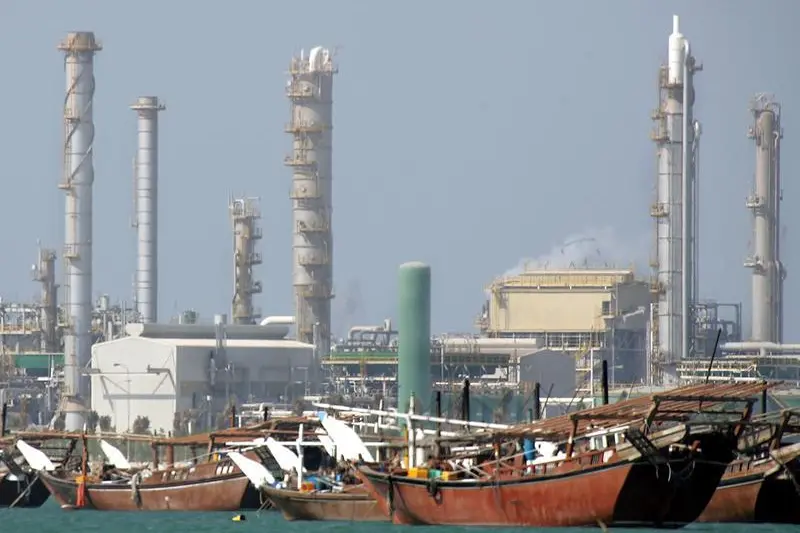PHOTO
Bahrain could become a major oil player in the region in the next three years, according to an expert.
However, it will also face increasing threats from Tehran which is known to interfere in the internal affairs of GCC countries and will certainly not be happy with Bahrain’s rise in stature in the world’s oil market.
Veteran global energy market expert and adviser at several international think tanks Dr Cyril Widdershoven said Bahrain needed to invest in infrastructure to benefit from two newly discovered oil and gas fields.
Dr Widdershoven was speaking to the GDN on the sidelines of a lecture, titled ‘Iranian Sanctions: Opec’s saviour or Trojan horse?’, held yesterday at the Bahrain Centre for Strategic, International and Energy Studies (Derasat).
Bahrain announced in April last year that extensive oil and deep gas sources had been discovered off the west coast.
Independent appraisals by US-based oil consultants DeGolyer and MacNaughton and oilfield services company Halliburton had confirmed Bahrain’s find of “highly significant quantities of oil in place for the Khalij Al Bahrain, with tight oil amounting to at least 80 billion barrels, and deep gas reserves in the region of 10-20 trillion cubic feet”.
“The discovery of 80bn barrels of tight oil is a massive development that will make Bahrain a major oil-producing nation,” said Dr Widdershoven.
“Let’s estimate they manage to drill 40bn barrels of oil – that is enough to make this country a major oil-producing nation in three years.
“It is possible to produce 300,000 barrels per day in the years to come.”
Oil minister Shaikh Mohammed bin Khalifa Al Khalifa said last month the drilling process had commenced at the two oil and gas fields by US contractor Halliburton, with flowbacks expected soon.
Dr Widdershoven said if the quality of the oil was good and worth producing, it would require the relevant infrastructure to be built.
Meanwhile, he warned that Iran, which is known for interfering in the internal affairs of the GCC, will certainly not be happy with the new oil and gas explorations in Bahrain.
“Iran will not be happy because they will see a new competitor entering the global oil market.
“However, I think Bahrain can play an intermediate role and be a strategic partner in the Gulf because of its direct access to Saudi Arabia and good relations with the UAE and even Iraq.”
He also said all the above factors made Bahrain an ideal financial capital in the region.
“It has all the ingredients to be an economic or financial centre in the region.”
Yesterday’s lecture focused on Iranian sanctions and the functioning of Opec (the Organisation of the Petroleum Exporting Countries).
“The full impact of US sanctions on Iran is still to be assessed but they are a blessing for Opec as now Iranian oil is out of the global market.”
The US reimposed sanctions on Tehran after US President Donald Trump in May last year decided to abandon Iran’s 2015 nuclear accord.
Washington is pressuring Iran to curtail its nuclear programme and stop backing militant proxies across the Middle East.
The expert also said Iran could no longer afford to block the strategic Strait of Hormuz through which more than 18 million barrels pass a day – about two-thirds of world maritime oil.
The strait links Middle East crude producers to key markets in Asia-Pacific, Europe, North America and beyond.
“Closing this key passageway will have a negative effect on Iran’s export to India, China and other countries,” said Dr Widdershoven.
He said demand for oil has never gone down, adding that the world needed 1.8m barrels extra every year.
According to his forecast, oil prices will not touch $100 per barrel this year, but reach $75.
sandy@gdn.com.bh
© Copyright 2019 www.gdnonline.com
Copyright 2019 Al Hilal Publishing and Marketing Group Provided by SyndiGate Media Inc. (Syndigate.info).





















